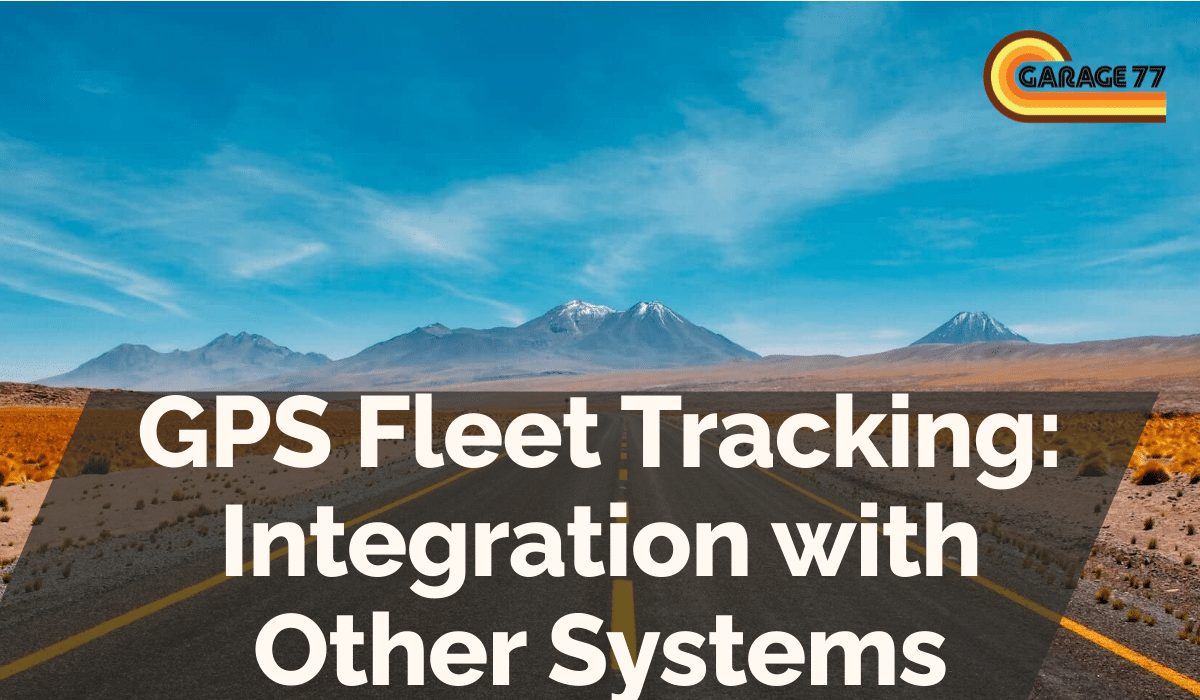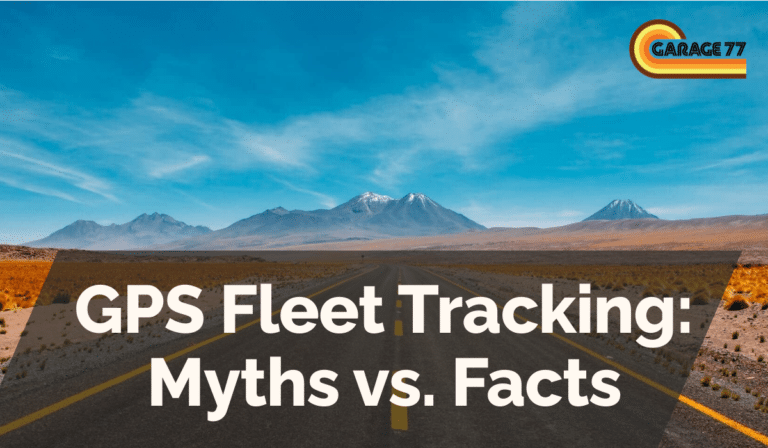GPS fleet tracking is a technology that is vastly improving logistics and management in transportation and delivery businesses. This reliable tool has made it easier to increase efficiency in monitoring vehicle movement, optimizing routes, reducing fuel consumption, and enhancing overall fleet performance. Beyond these, the integration of GPS fleet tracking with other systems in business operations has created a synergistic effect that fosters productivity growth and cost reduction. Let’s delve into how GPS fleet tracking enhances integration with other systems.
GPS Fleet Tracking and Maintenance Management Systems
Performing routine vehicle maintenance can be a hassle for fleet managers. Integrating a GPS fleet tracking system with a Maintenance Management System (MMS) makes monitoring vehicle health much more straightforward and efficient. As an example, GPS fleet tracking can alert the MMS when a vehicle reaches a specific mileage threshold, prompting a maintenance check to ensure the vehicle’s optimal performance.
Fuel Management Systems & GPS Fleet Tracking
Another area where GPS fleet tracking integration proves valuable is within Fuel Management Systems. Accurate tracking of fuel usage is critical for controlling costs and optimizing fleet performance. When integrated with a GPS fleet tracking system, the Fuel Management System can monitor fuel consumption in real-time, identify inefficiencies, and highlight where operational adjustments are needed to improve fuel economy.
Incorporation with Dispatch Systems
Dispatch systems can also benefit hugely from this integration. Real-time vehicle tracking ensures the dispatch team can track delivery or service progress accurately. Consequently, they can make critical decisions faster and improve service times, leading to increased customer satisfaction.
Time Tracking Systems
Synchronizing time tracking systems with GPS fleet tracking enables managers to accurately calculate employee working hours, overtime, breaks, and other time-related factors. This can significantly improve human resource management and streamline payroll processes.
- Fleet tracking information can indicate when a driver starts and ends their shift, which can be automatically documented in the time tracking system.
- The system can easily identify and record instances of overtime, ensuring employees are compensated correctly.
- The breaks taken by drivers can also be accurately recorded, ensuring compliance with legal regulations related to driving hours.
Frequently Asked Questions
What other systems can GPS fleet tracking integrate with?
Aside from those already mentioned, GPS fleet tracking can integrate with a wide variety of internal and external business systems, including inventory systems, customer relationship management (CRM) tools, and financial accounting systems.
How does GPS fleet tracking improve decision making?
By providing real-time, accurate data about each vehicle in the fleet, GPS fleet tracking enables better decision making regarding optimal routes, vehicle maintenance, fuel management, and overall fleet performance.
Conclusion
In conclusion, the integration of GPS fleet tracking with other systems offers immense benefits to businesses dealing with fleet management. By providing real-time and accurate data, it significantly cuts down costs, improves efficiency, and promotes better decision-making processes. Whether it’s tracking a vehicle’s health, managing fuel consumption, facilitating dispatch efficiency, or managing an employee’s time accurately, GPS fleet tracking integration serves as a game-changer in modern fleet management.







